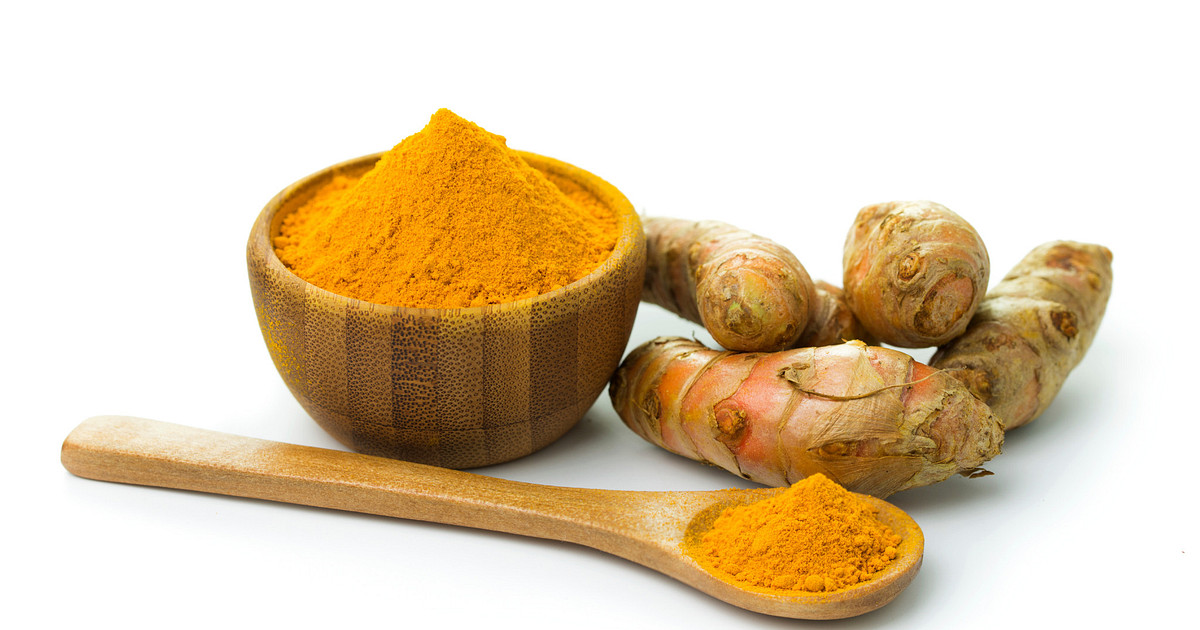Turmeric is a spice that is often used in a variety of cuisines, but did you know that the flowering plant also has countless medicinal properties?
Native to India and a member of the ginger family, turmeric has been used for thousands of years not only to season food, but also to treat ailments such as joint pain and stiffness, as well as various skin conditions. Most commonly, in both East and West hemispheres, turmeric is celebrated for its anti-inflammatory qualities.
The science of turmeric’s ability to combat inflammation is found in compounds called curcuminoids, the most notable being curcumin. Not only is curcumin a robust antioxidant, but it also gives turmeric its anti-inflammatory qualities.
Turmeric is a Proven Anti-Inflammatory
So, what is inflammation? Is it good or bad?
Short-term inflammation is essential to your body’s functioning, specifically in regard to the healing process. It helps to fight off pathogens and also contributes to repairing tissue damage. However, chronic inflammation is not so beneficial. In fact, scientific research has shown that constant, low-grade inflammation contributes to a wide range of common Western diseases like cancer, Alzeihmer’s, and heart disease.
Curcumin, like a knight in shining armor, can decrease chronic inflammation and, as a result, help to both prevent and treat serious illnesses.
How does it do that? Curcumin works in the body to block a molecule called NF-kB that is known to invade cell nuclei and activate the genes that will cause inflammation. In short, it protects your health and wellness on a molecular level.
Turmeric is an Antioxidant
On top of its capacity to fight inflammation, turmeric’s most active compound curcumin is also an antioxidant. Your body experiences oxidative damage as a result of regular bodily processes like digestion and toxin removal, as well as things like sun exposure and inflammatory stress itself, all of which produce “free radicals.”
Scientifically speaking, free radicals are molecules with unpaired electrons that are highly reactive to vital materials in our body like proteins and fatty acids. Medically speaking, they can cause numerous diseases and contribute significantly to aging.
Thankfully, curcumin has a chemical structure that allows it to neutralize free radicals, while simultaneously improving the activity of your body’s own natural antioxidant enzymes.
Curcumin’s powerful ability to fight both inflammation and free radicals is undeniably valuable to your health, wellness, and longevity.
Consider a Turmeric Supplement
So, what now? Should you start ingesting large amounts of turmeric, perhaps in the form of a warm Thai curry? The short answer is: probably not.
Unfortunately, curcumin levels in turmeric are not very high. Therefore, simply consuming the tasty spice in your food wouldn’t be enough to produce the benefits described above.
If you really want to experience the full advantages of curcumin, taking a turmeric supplement is the best method. Not only will a turmeric supplement contain more concentrated curcumin extract, but it will likely also contain a black pepper extract called “piperine” which significantly increases absorption of curcumin into the bloodstream.
When taking a turmeric supplement, it’s also helpful to know that curcumin is fat-soluble, so it might be even more advantageous to take the supplement with a fatty meal, such as one that contains fish, avocado, or eggs.
Overall, turmeric and its compound curcumin are scientifically proven to be beneficial to your health, with antioxidative and anti-inflammatory qualities that can ease ailments as wide-ranging as rheumatic disorders like arthritis to mental disorders like anxiety. Taking a turmeric supplement is the best way to experience these benefits and thankfully there are some great options on the market.

Leave a Reply